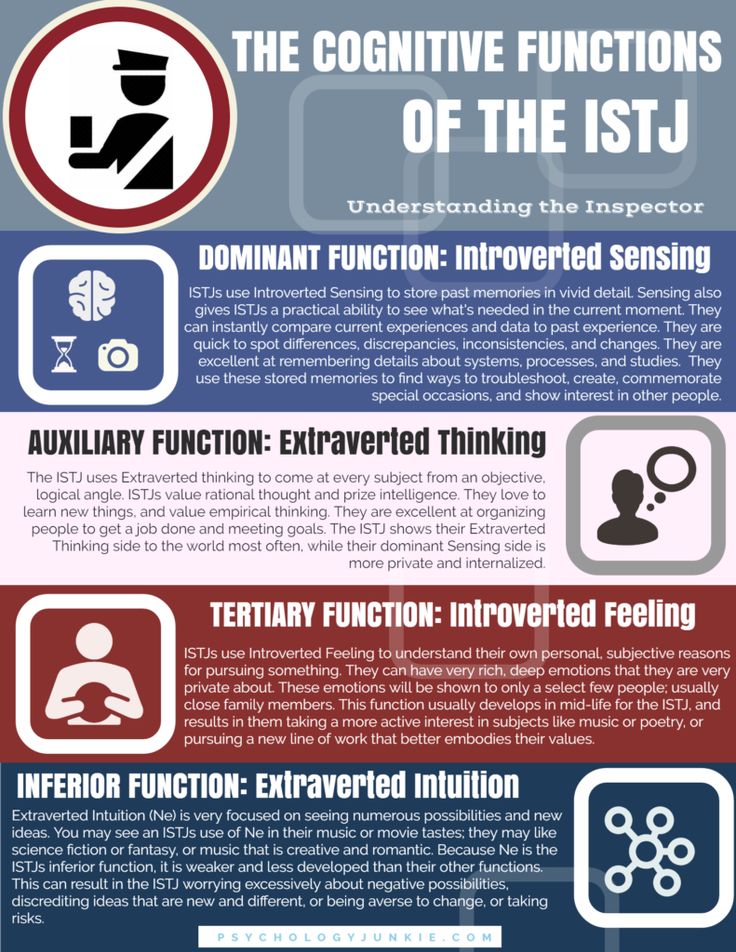Funeral for miscarriage
Helping bear the burden of losing a child to miscarriage
| 3/18/2019 2 Comments
By: Maria Servold EPLA Editor After parents lose a child, whether in early pregnancy or not, it is natural for them to want to give their baby a proper burial if they choose. Unfortunately, that dream may not be as easy to realize as the parents may think. The state and local laws surrounding burial can make navigating this issue complicated, as a mother described in a recent post on our blog. The main trouble parents may face when wanting to bury a miscarried baby is the fact that laws concerning burial of babies before a certain gestational age vary from state to state. Additionally, if the baby was miscarried in a hospital, parents may have to navigate regulations when trying to retrieve the baby’s body. First, if you are in a hospital, ask your doctor about the procedures to retrieve your baby's body from the medical staff. If you miscarry at home, it is important to preserve the baby’s body if you intend to bury it. A sterile saline solution works well - Heaven’s Gain Ministries offers information and kits for this purpose.
Once you have the baby’s body, call a local funeral home. (Some hospitals may help make this connection for you.) Many funeral homes offer free burial urns or caskets for miscarried babies. As part of this process, you may also need to contact whatever local group is in charge of a cemetary in your area. You may need to purchase a burial plot if the cemetary does not have a special plot or mausoleum for miscarried babies. Heaven’s Gain also offers information about burial rules by state and tips to help you navigate the process. Some states may allow burial of a baby on private property, but others do not - be sure to check with local burial officials if you want to bury a baby in your yard. If you belong to a church, you can ask your pastor or priest to conduct a burial ceremony for the baby. It is natural and right to want to treat a lost baby with the same respect we give all members of our family who die. Do not be afraid or ashamed to ask for support from your church during this time. Burying a miscarried child is something we hope no parent ever has to do, but we hope that if you do end up having to do so, these tips may be helpful. 2 Comments | Archives October 2022 Categories All RSS Feed |
What happens to my baby after a miscarriage?
If you have a miscarriage, some hospitals may offer you a simple funeral with a burial or cremation.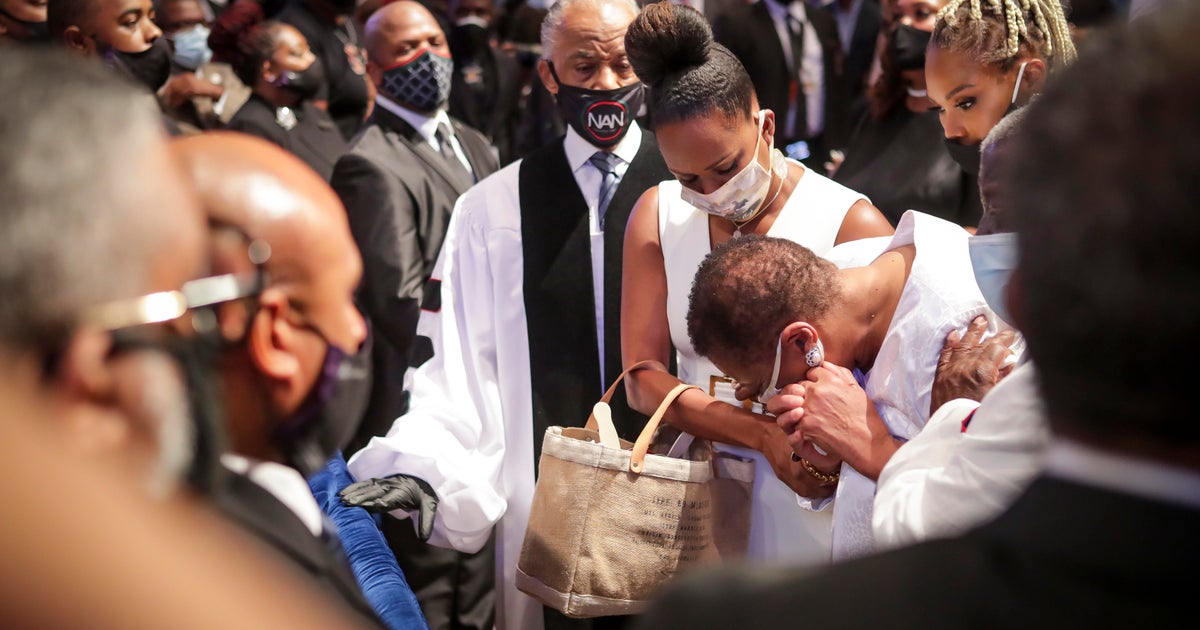
Your baby’s legal status
In legal terms, a loss before 24 weeks is called a miscarriage. A loss after 24 weeks is called stillbirth. This is because a baby is thought to have a good chance of surviving if they are born alive at 24 weeks.
This means that if you lose a baby before 24 weeks, there is no legal requirement to have a burial or cremation. It also means that no legal certificate is provided.
This terminology can be very upsetting for some parents because there is no legal recognition that their baby existed. However, we believe that no matter when you miscarry, you are entitled to grieve for your loss.
Finding a way to commemorate your loss can help. Find out more about remembering your baby after miscarriage.
Burial or cremations
Although there is no legal requirement to have a burial or cremation, some hospitals offer burials or cremations for miscarried babies. Sometimes a number of babies are buried or cremated together.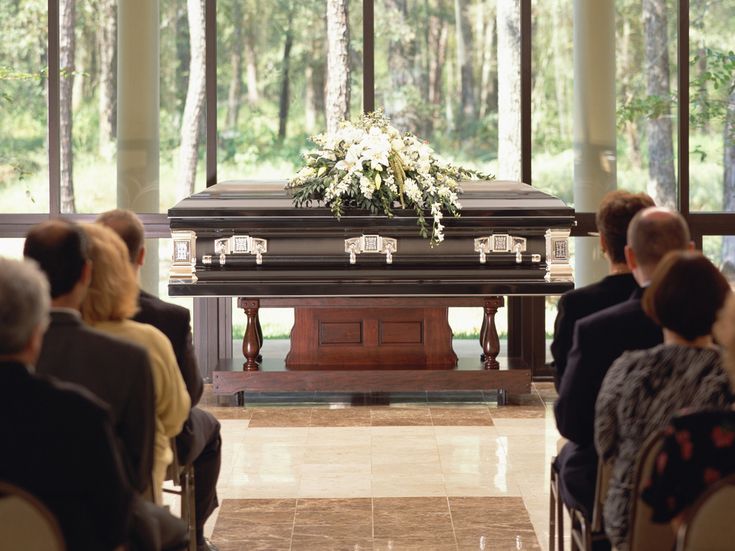
Unfortunately, some hospitals are still not able to offer this and treat the remains of early loss as clinical waste unless you request otherwise.
You can ask your nurse, midwife, the hospital chaplain, PALS (Patient Advice and Liaison) officer or hospital service about the arrangements at your hospital.
You may want to make your own arrangements for a burial or cremation. Some people chose to use a funeral director or specialist cremation service, or choose to bury the remains at home or somewhere else.
A certificate for your baby
Although there is no legal certificate for a pregnancy loss before 24 weeks, some hospitals do provide them. If you haven’t been given a certificate but would like one, ask a nurse where you were cared for, the hospital chaplain, the PALS officer or hospital bereavement service. Some hospitals also have a book of remembrance.
If you miscarry at home
If you miscarry early outside of a hospital, for example at home, your pregnancy might come away naturally.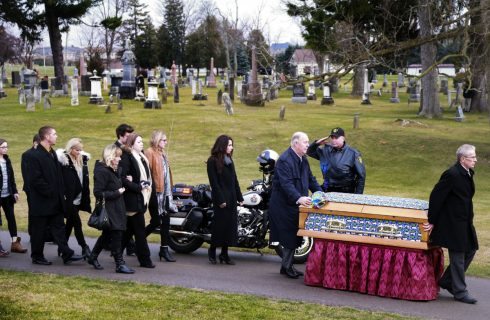 Some women pass the remains in a toilet and simply flush it away, while others want to take a closer look. Both reactions are completely natural.
Some women pass the remains in a toilet and simply flush it away, while others want to take a closer look. Both reactions are completely natural.
Some women want a healthcare professional to confirm that that they have miscarried, so you could contact your midwife, GP or hospital and ask what to do next. They may be able to do some tests on the remains, although they aren’t usually done unless you are having other investigations.
If you want, you can ask the hospital or GP to dispose of the remains or you may decide to bury them yourself at home, in a setting you are comfortable with.
If you have a late miscarriage, it would be unlikely that you would deliver at home, unless it was unexpected. If this happens, call an ambulance or ask someone to take you to hospital.
Post-mortems
After a late miscarriage, most hospitals offer some tests, which may involve tests of the baby. This is called a post-mortem. A post mortem (also known as an autopsy) is a medical examination of your baby’s body to try to work out the cause of death. This will not be done without your consent (permission).
This will not be done without your consent (permission).
A post-mortem involves examining the baby carefully, outside and inside the body and can take up to several hours to do. Afterwards, the incisions made to examine your baby internally will be repaired where possible. If you want, your baby can be wrapped or dressed to hide any marks. You can see your baby again afterwards if you want to.
You may have lots of questions about how and where it is performed, and what the results might tell you. Talk to the midwife and doctors caring for you about your concerns and questions.
It may be several weeks before the results are ready. Your doctor or GP will probably invite you to a follow-up appointment to talk about the results. Unfortunately, a post-mortem does not always provide a reason for a miscarriage, so you may not find out why your baby died. But it may help rule out some possibilities and perhaps reassure you if you want to try to get pregnant again in the future.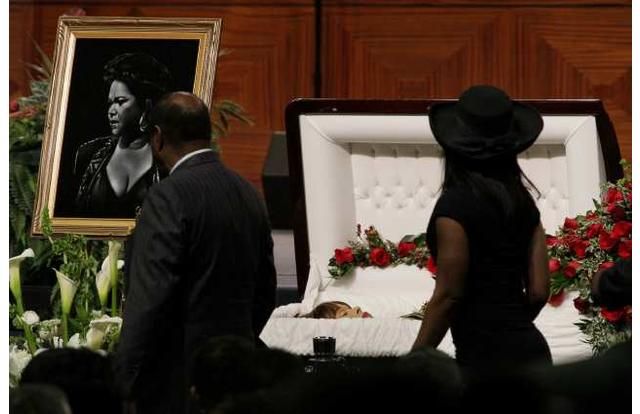
Review dates
Reviewed: 29 January 2020 | Next review: 29 January 2023
Back to top
"I want to bury the miscarriage." Is it always possible to fully say goodbye to a dead child?
Every year, more than 300 women in our country experience the loss of a child during pregnancy or childbirth, and more than 5,000 women experience miscarriages. But parting with such losses for some reason occurs according to different rules. In the event of the death of a child in the maternity hospital, parents are given a choice: either to take the body, or leave it in the hospital, which will take on the responsibility of burying it. And in the event of a miscarriage, the body is generally not given to the mother and disposed of as biological material, or, frankly, they are burned as waste.
What happens to parents who do not bury their dead child themselves? Can they then find his grave? What to do for those who do not consider a miscarriage a biomaterial and would like to bury it on their own? We deal with experts and put the question to legislators.
Out of three two people are left in the hospital
– Last year there were 63 stillborns in Minsk, the parents refused to bury the bodies of 42 on their own. That is, out of three, two are left in the hospital that deals with the funeral, - says chief freelance pediatric pathologist of the Ministry of Health Alexander Nerovnya .
According to the expert, this can be explained by two reasons.
– Firstly, those fetuses that die in utero sometimes look quite scary due to deformation, and not all parents are ready to see such a sight that will remain in their memory for a long time. Secondly, mothers often refuse to bury their child on their own in order to quickly forget the tragedy. Maybe they will repent later, but at that time it was their choice: in such situations, women write an official refusal. Although in my practice there are rare cases when people change their minds. I remember one such, when a young mother refused the body of a child, and then her parents came to us to pick up and bury her grandson. Since we can only resolve this issue with our parents, my grandparents later brought a statement from the mother, certified by the head physician of the hospital, that she had changed her mind and wanted to take the body.
Since we can only resolve this issue with our parents, my grandparents later brought a statement from the mother, certified by the head physician of the hospital, that she had changed her mind and wanted to take the body.
Is it possible to find the grave of the “rejected”?
– In case of parental refusal, the body of a deceased child or a stillborn fetus from the hospital goes to the pathoanatomical bureau, where, after the pathoanatomical examination, it is stored for at least 45 days, – explains the head of the department of pediatric pathology of the city clinical pathoanatomical bureau of Minsk Sementsky 9008 . - If the parents change their mind, they should first go to the hospital and then to us, and then we will hand over the body to them. We are not in a hurry with the burial, including for this reason. It is clear that a woman in a stressful state after the loss of a desired child can make a hasty decision, and moving away from stress, she can change her mind. If the deceased child (stillborn fetus) is already buried, it is possible to find his grave at the request of his parents and relatives. To do this, it is necessary to contact specialized public utility facilities that are directly involved in burial. "Abandoned" stillborn is buried by the name of the mother.
If the deceased child (stillborn fetus) is already buried, it is possible to find his grave at the request of his parents and relatives. To do this, it is necessary to contact specialized public utility facilities that are directly involved in burial. "Abandoned" stillborn is buried by the name of the mother.
As they explained to us in the Special Combine of the KBO in Minsk, in order to find a burial place, parents must provide the child's surname, date of death and the hospital where the birth took place. Each such child is buried in a separate grave.
Burial or disposal?
If in case of loss of a child the parents have some choice, then in case of a miscarriage there is none at all - the body will not be given to you, because it is not covered by the law and a death certificate is not issued, therefore, it cannot be buried. This is explained by the fact that, according to WHO criteria, a person today “begins” at 22 weeks, 25 cm in height and 500 grams of weight (with intensive nursing, he can survive outside the mother’s body).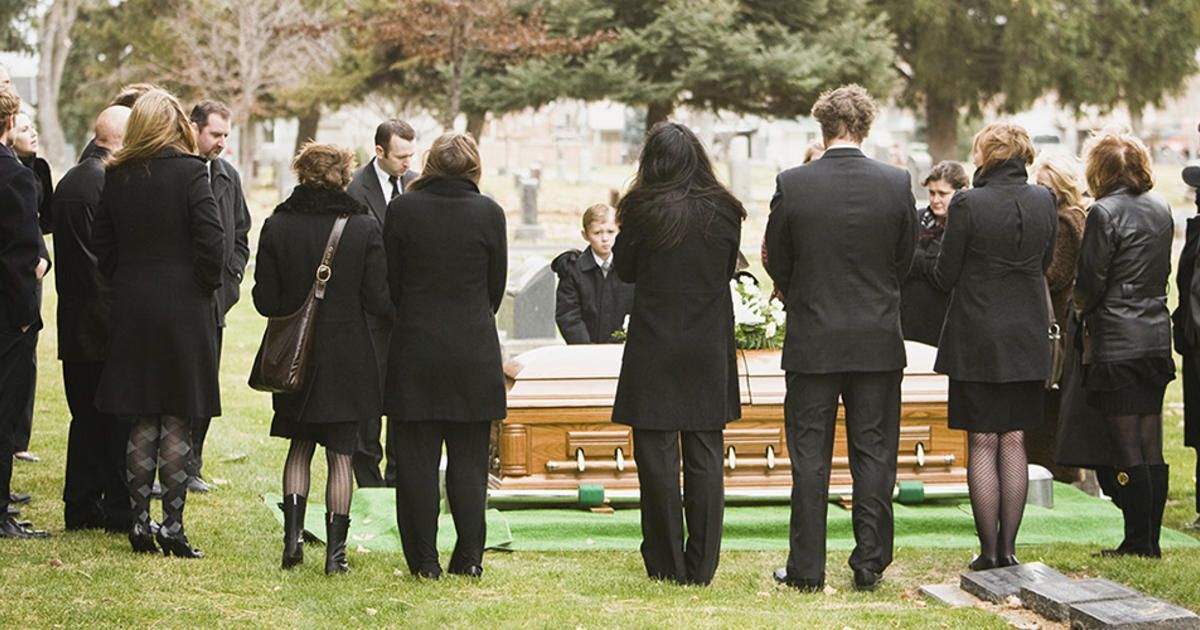 Anyone who does not meet these criteria is called a miscarriage and is not endowed with human rights.
Anyone who does not meet these criteria is called a miscarriage and is not endowed with human rights.
Not all people are ready to put up with this, believing that a dead fetus cannot be limited in rights based on medical criteria. In the world this problem is raised in different ways. Someone solves this issue illegally and buries the body in a family grave, someone tries to change the law, someone publishes shocking photos of miscarriages to draw attention to the problem.
- Until we can give the fetus to the parents because we do not know what they will do with it, the law does not regulate such burials. But people should probably have the right to choose, - Alexander Nerovnya believes. - This is not a question for doctors, but for legislators and lawyers. It must also be decided on the basis of the traditions of our society. We need to see how it used to be.
- Previously, there were cemeteries for stillborns, including miscarriages, - says Chairman of the Synodal Information Department of the Belarusian Orthodox Church, Archpriest Sergiy Lepin . – The position of the Church here is unequivocal – everyone should be buried humanly. An embryo is a person at a certain stage of development. One cannot be more or less human, half-human or sub-human. Our opinion is based not only on church teaching, but also on banal scientific truths. Such a vision defines our attitude to abortion as to the murder of a person, our attitude to the body of a miscarriage is also based on this - this is a human corpse. And if so, then he should be buried humanly. It is not waste, not garbage, and should be in the cemetery, and not “disposed of” by some other methods. I'm not sure that it is technically possible today to make a separate cemetery for miscarriages, but of course, it is necessary to provide for the allocation of some territory for such small dead. And it seems to me that parents should not only be given the right to bury, but the funeral itself should be made mandatory, since the human status of the embryo does not depend on the will of parents, doctors or anyone else.
– The position of the Church here is unequivocal – everyone should be buried humanly. An embryo is a person at a certain stage of development. One cannot be more or less human, half-human or sub-human. Our opinion is based not only on church teaching, but also on banal scientific truths. Such a vision defines our attitude to abortion as to the murder of a person, our attitude to the body of a miscarriage is also based on this - this is a human corpse. And if so, then he should be buried humanly. It is not waste, not garbage, and should be in the cemetery, and not “disposed of” by some other methods. I'm not sure that it is technically possible today to make a separate cemetery for miscarriages, but of course, it is necessary to provide for the allocation of some territory for such small dead. And it seems to me that parents should not only be given the right to bury, but the funeral itself should be made mandatory, since the human status of the embryo does not depend on the will of parents, doctors or anyone else.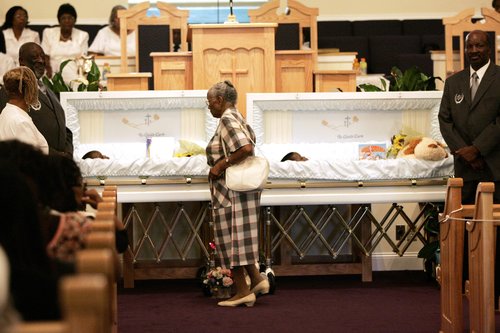 Of course, for this it is necessary to revise the legislation at a deeper level than just allowing or not allowing to say goodbye. The topic is very relevant and certainly deserves to be continued.
Of course, for this it is necessary to revise the legislation at a deeper level than just allowing or not allowing to say goodbye. The topic is very relevant and certainly deserves to be continued.
Parents must complete the process by the end
The MATULIA Family and Maternity Support Center, in cooperation with the Ministry of Health, has long been working with women who have suffered the loss of a child at different times, including in the first trimester. The organization's psychologists have received special training and have extensive practical experience in order to express their opinion on how a family should say goodbye to their unborn children.
“We believe that parents should go through the process and that they should have the right to dispose of their child’s remains at any time of loss,” says head of the organization Veronika Serdyuk . - To think that we are showing mercy, pity the psyche of the parents, not giving them the dead fetus, is the wrong approach. We see that mothers who have not experienced a full farewell, then live in depression for a long time, refuse or are afraid to give birth again. It's impossible to forget. It is necessary to respect this life, to recognize that it was inscribed in the history of the family, to give it the necessary honor. The procedure may be different, but it must be offered, there must be a choice. I saw how this happens in foreign clinics: when a stillborn is born, the whole family comes to say goodbye, read prayers, dress the body, take photographs. It is important that parents and their loved ones know that it is possible to turn to a psychologist, discuss this part of their life, reflect and mourn.
We see that mothers who have not experienced a full farewell, then live in depression for a long time, refuse or are afraid to give birth again. It's impossible to forget. It is necessary to respect this life, to recognize that it was inscribed in the history of the family, to give it the necessary honor. The procedure may be different, but it must be offered, there must be a choice. I saw how this happens in foreign clinics: when a stillborn is born, the whole family comes to say goodbye, read prayers, dress the body, take photographs. It is important that parents and their loved ones know that it is possible to turn to a psychologist, discuss this part of their life, reflect and mourn.
It seems to me that this issue should be considered at the level of the Ministry of Health. It may not be clear right away, but then it will become the norm, as pre-abortion counseling and partner childbirth have already become the norm.
According to Veronika Serdyuk, the origins of the problem are that the large-scale abortion practice of the past and present has not formed a reverence for life in our society.
How is it in other countries?
In Sweden, parents are offered two options for saying goodbye to the fetus: anonymous and personal. The anonymous method involves cremation as a biomaterial. With the personal method, a naming ceremony is arranged with the participation of the hospital priest, when the child is given a name, photographed, a hand or foot print is made as a keepsake for the parents. If the fetus is very small, even 10 cm, it is brought to parents on a napkin. Hospitals have individual case managers who take care of family support in such situations.
There is a whole system of perinatal palliative care in the USA. It arose precisely at the request of a society dissatisfied with the existing order of things. A team of pediatricians, nurses and social workers help families cope with the loss of a child. As the head of such a department of the Boston Children's Hospital, Joan Wolf, told the media, in the United States, parents have long been recommended to say goodbye to a child or fetus, whatever it may be, to participate in mourning events, no matter how hard it may be.
- Previously, the US also adhered to the position that it is not necessary to traumatize poor parents and show dead children and miscarriages. But scientific studies have shown that in the long run, for many, this alleged “care of the psyche” led to serious problems. The woman has an unprocessed psychotrauma. She does not understand - there was something or not. The rite of farewell, as it were, puts an end to it. Therefore, now all mothers are asked the question: do you want to? Most agree, - says the specialist.
If a child is physically handicapped, doctors warn relatives about this, and before handing it over to them, they swaddle it, put on a cap to brighten up the shortcomings, although for many this is not necessary, because parents are full of love and perceive the baby as your part. Miscarriages are given to parents in the same way as children after 22 weeks (everything is decided by the family). Usually such a child is buried like everyone else.
In Russia, in 2019, an experiment was launched to develop such a perinatal palliative.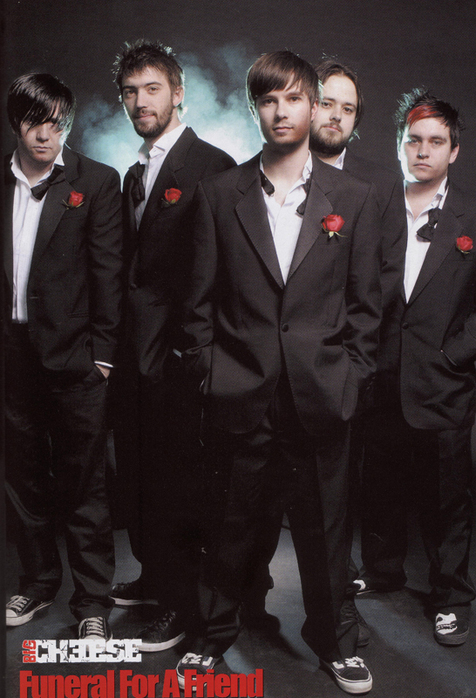 The pilot project has been launched in two Moscow hospitals (City Clinical Hospital named after S. S. Yudin and City Clinical Hospital No. 24). To help the family, they want to combine the efforts of obstetricians / perinatologists, anesthesiologists, neonatologists, nurses from intensive care units and resuscitation of newborns, psychologists, social workers, and priests. Specialists will undergo special training, algorithms and standards of assistance will be formed.
The pilot project has been launched in two Moscow hospitals (City Clinical Hospital named after S. S. Yudin and City Clinical Hospital No. 24). To help the family, they want to combine the efforts of obstetricians / perinatologists, anesthesiologists, neonatologists, nurses from intensive care units and resuscitation of newborns, psychologists, social workers, and priests. Specialists will undergo special training, algorithms and standards of assistance will be formed.
In Kazakhstan in 2018, the question of how to bury miscarriages and stillborns was brought to a meeting (fatwa) of Kazakh ulema – Islamic scholars. They gave the following recommendations: if a woman has a miscarriage before 81 days after conception, that is, when the fetus has not yet formed arms, legs, hair, then funeral rites are not performed. If a miscarriage occurs after 81 days (about 12 weeks), it must be wrapped in a clean white cloth and buried. If the child is fully formed, but still born dead, it must be washed, given a name and buried.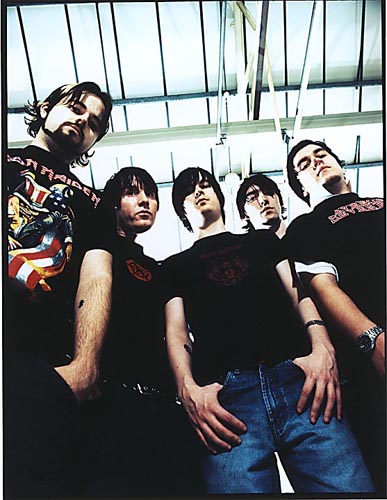
Poland and Israel have separate cemeteries for stillborn children.
What to do?
Apparently, the theme of a full farewell to non-surviving children has already been worked out in the world and is beginning to be actively discussed in the post-Soviet space. There are standards that we can study and recommend in hospitals. Today, in every hospital there are psychologists who work with women in a crisis situation. Surely, they can cooperate more actively with doctors and build professional communication with patients on new principles. A more complex issue with the status of miscarriages: here we need a joint discussion and decision of lawyers, doctors, deputies and public organizations.
Healthy people
How to bury a miscarriage? | islam.ru
Question: A tragedy happened in our family - my wife had a miscarriage. My wife was five months pregnant when we lost our baby. Now the question is how to bury the fetus.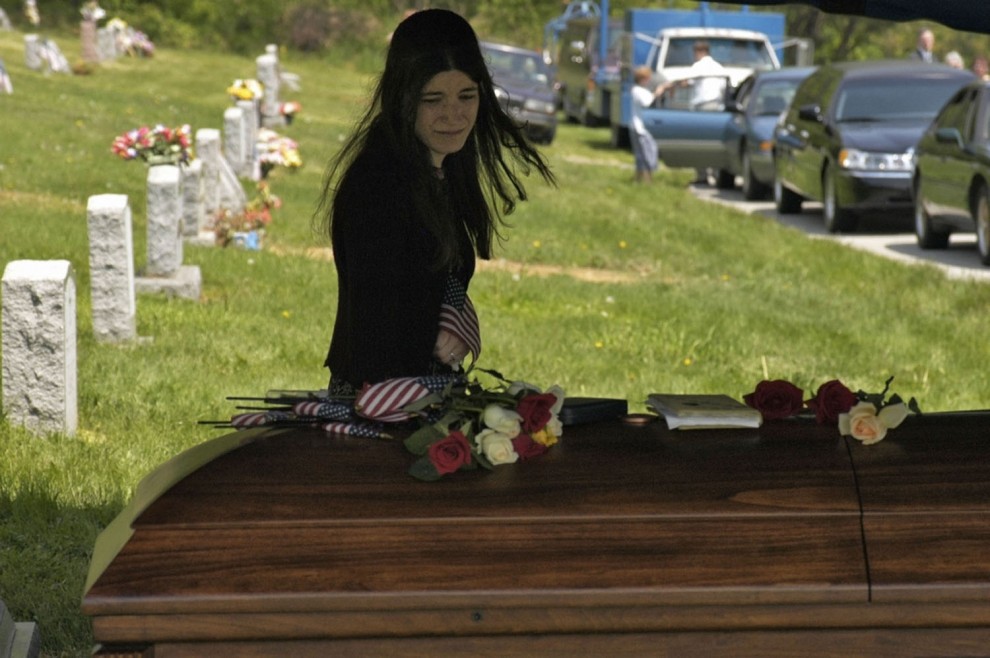 Please tell me, is it necessary to bury a miscarriage, observing all funeral rites?
Please tell me, is it necessary to bury a miscarriage, observing all funeral rites?
Answer:
Imam Khatib al-Shirbini in his book “Mugni al-Muhtaj” writes the following regarding miscarriage:
( وإلا) أي وإ opinions vent لم يlf (إges Signs of life, like a seizure or movement, then make a memorial prayer (Dzhanaza) ...
) وإوإicles ظ inspic) أمالة الحياة أرield شل ilt (nds لق لق ل ilt (nds ل ndsa (ndsصurta لlf الأمارة ، ولا isingى المذ ething ول لقرق ود/mpa (وذا إimes ولغها) أي أوو# ؛ etular ؛ ؛ ؛؛ أي مائ وو#uleoul above0008 ...
“If the fetus has not reached four months, no signs of life have been found, and the embryo has not yet acquired a human form, then by unanimous decision, the funeral prayer (janazah) is not performed for him due to the absence of signs of life in him. It is not washed ... but it is desirable to wrap the fruit with material and bury it. Also, if signs of life are not found at a period of four months, when the embryo usually takes on a human form, that is, after one hundred and twenty days, and this is the period at which the soul is most often instilled into the fetus, they also do not pray over it ... for more reasoned opinion due to the lack of signs of life. But it is necessary to wash it, wrap it in a shroud and bury it.
Also, if signs of life are not found at a period of four months, when the embryo usually takes on a human form, that is, after one hundred and twenty days, and this is the period at which the soul is most often instilled into the fetus, they also do not pray over it ... for more reasoned opinion due to the lack of signs of life. But it is necessary to wash it, wrap it in a shroud and bury it.
الovern و الذي Photimesغ تم شهره ، أما ولغicle فيصلى ased how
“A miscarriage is an embryo that has not reached a full -fledged formation (i.e., six months). For those who have reached this period, they perform a prayer for the dead in any case (signs of life were found or not).
1. If the miscarriage occurred within six months, then he is buried as a full-fledged adult.
2. If he is less than six months old, it is taken into account whether he was alive after birth or not. If he was alive or showed any signs of life, then he is also buried as a full-fledged adult.










